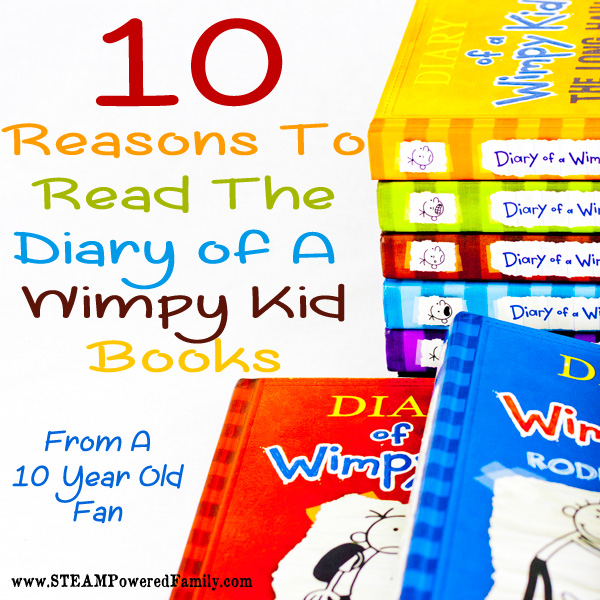How To Improve Writing Skills For Kids
Our children are growing up surrounded by written communication that lacks punctuation, fails to follow grammar rules, and is riddled with cute emoji’s. The ability to communicate, especially in written form, is becoming vital in a world where people connect more and more through their words. Gone are the days of face to face meetings. Now a carefully worded letter (email) or article might be the thing that advances a career, or destroys it.
Writing skills. It is something that can be a struggle to teach children in our social media driven world, but it doesn’t need to be. With the right strategy, not only can kids learn competent writing skills, they can also learn to love writing. Here are a few strategies to encourage a love of literature at any age.
HOW TO IMPROVE WRITING SKILLS
Disclaimer: This post contains affiliate links
The first time I was inspired was in grade four. My stomach tightened and my mind raced. I was excited about some black symbols on the page. Suddenly I wanted to create my own and immediately sat down to start my own opus. I think I made it to about 500 words before I abandoned it.
Then it happened again in High School. That feeling that this was something important. It needed my attention and energies. I started writing with earnest again. Even winning a few awards. Then school got in the way and I moved on to more pressing things, like physics and math tests.
When I was in my 20’s things really changed. I was sure nothing would ever come of it, but I was so enthralled I felt the need to put pen to paper and sent a letter to a complete stranger. The response changed everything for me. From my personal to my professional life. Everything changed. And it was one person who had that power to inspire me, her name was Anne McCaffrey.
One of the greatest skills a person should develop is the ability to communicate. Verbally is important, but even more important is the ability to communicate in writing. We live in a world that is increasingly reliant on written communications. From short electronic messages, to longer pieces, communication is vital to all areas of our success in life. Professionally to personally, the ability to communicate is critical.
So why are so many of our kids growing up unable to write? They are entering college and university struggling to write the most basic of persuasive and argumentative essays.
Sadly, most kids will tell you they don’t enjoy writing. So here are some tips to bring the joy back into language!
READ – But Not Just Any Book
Reading is the key to learning language. But it can’t be just any book. The books we are reading need to inspire, captivate and energize. The books that do this are going to be different for everyone. My oldest loves science books, my youngest loves comedy and I love fantasy. To encourage a love of writing for kids, it is important to find each child’s ‘thing’.
Once you find books that you can’t put down, make sure they are well written. See the best way to develop amazing writing skills is by reading amazing writing. In our quick communication driven world, too often our kids are growing up surrounded by poor grammar, a lack of sentence structure and even improper spelling. This is shaping how our children understand language.
To become a writer, children need to develop an ear for language. To do this they need to read properly written materials that they want to read and are excited to read. When they do this, the music and patterns of language will be naturally recorded by their minds.
WRITE – But Not Just Anything
We’ve talked about how we are surrounded by poorly written, quick communications in today’s world. So it is important to take a step back and encourage kids to embrace a new approach to writing. Encourage them to write the way the authors of their books are writing.
Set their favourite book in front of them and ask them to write their own story or report using their favourite writings as inspiration. If a child is struggling with something, like punctuation, use their favourite text to show them how the author uses those tools. Then encourage them to emulate the author’s techniques in their own writings.
If they are struggling with how or what to write. Once again, use their favourite book and explore how the author explores the senses to bring their world to life. Then encourage the child to do the same.
Foster Connections With Authors
This last one was a game changer for me. I remember meeting my first author when I was in elementary school. He did a reading from his book and talked about his writing process, and I was enthralled. Then in my twenties I reached out to one of my favourite authors, Anne McCaffrey. Never expecting to hear back from her. But she did respond. And we had a number of conversations with her encouraging me on my own writing journey. She was amazing and inspirational. It changed everything for me.
Once your child finds those authors they really connect with, have them pen a letter. An actual, physical letter. Handwritten messages are becoming a lost art. Encourage kids to write a letter to their favourite author and mail it. Many authors will take the time to respond to fan letters and that kind of response can be truly life changing for a child.
A quick google search can help you find contact information for authors. Often it will be sent to their publisher. You can also search for whether they respond to letter. Not all authors will respond but if your child can get a response it can be extremely exciting.
Also look for opportunities to meet authors in person during tours and book signings.
Writing For Kids – Authors That Respond
I recently discovered that all the authors from Innovation Press take the time to respond to letters from readers. These books are a HUGE hit with both my kids. If your child is also in love with these books, they can send their letters to:
Author’s Name
c/o The Innovation Press
1001 Fourth Ave, suite 3200
Seattle, WA 98154
Dysgraphia and Writing Skills
One of the biggest misconceptions is that those with dysgraphia have poor writing skills. It is important to remember that dysgraphia is a learning disability and with the right accommodations, students struggling with dysgraphia can do an amazing job writing and sharing their creativity. My son is a perfect example of this. He writes amazing stories, but has severe dysgraphia.
Learn more about What is Dysgraphia?
Building a love of writing beyond the quick and messy world of texting and tweeting is important for all children. The ability to communicate, especially in written form, is becoming vital in a world where people connect more and more through their words. Inspire a love of the written word and a passion for written communication now, so they are prepared for the future.







